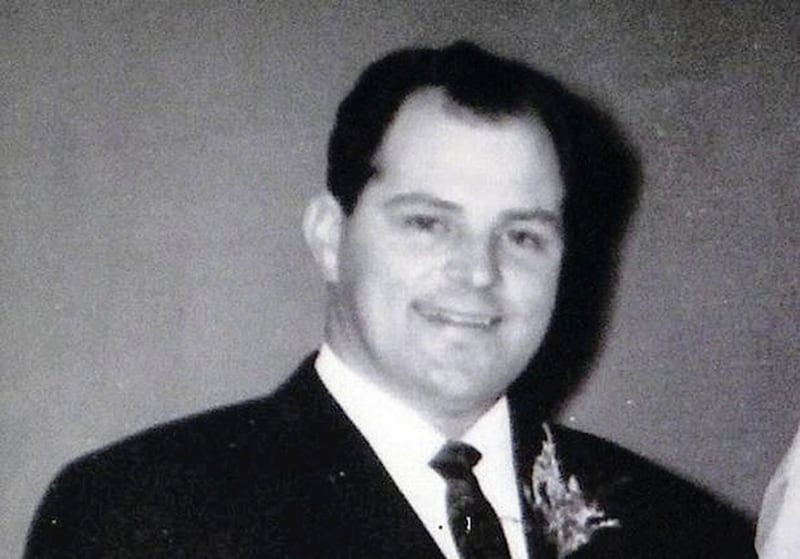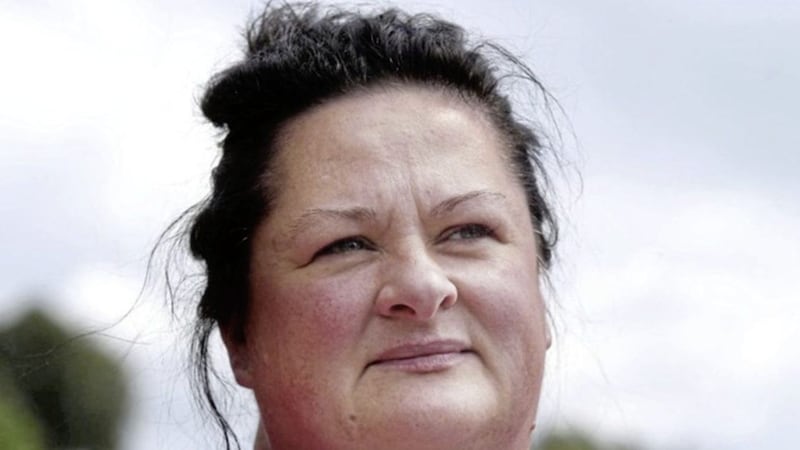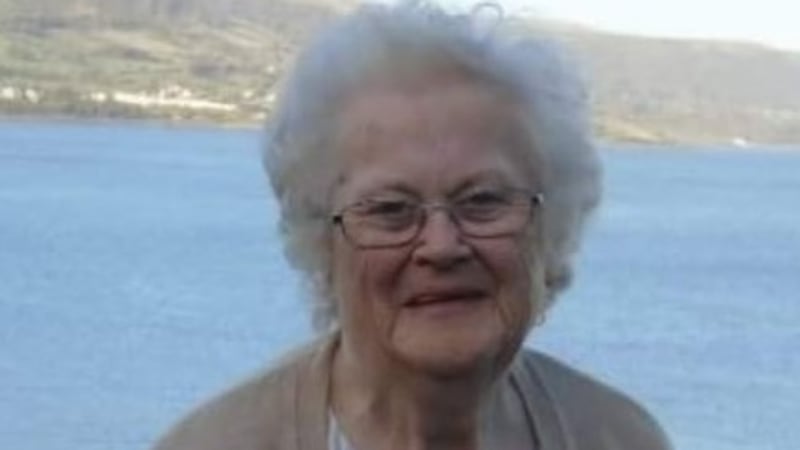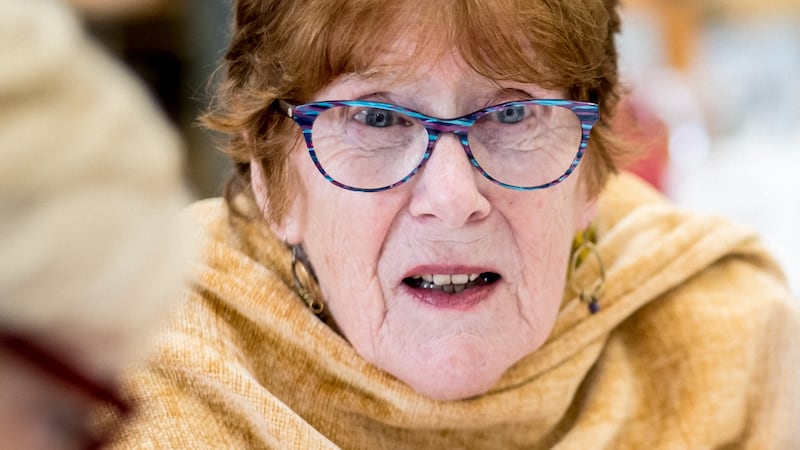AONTÚ councillor Denise Mullen has described the process of applying for a special victims' pension as "horrendous".
Ms Mullen was aged three when her father Denis was shot dead by loyalists at the family home near Moy, Co Tyrone, in September 1975.
The blood-soaked child sat at her father’s side until help arrived.
He 13-month-old brother and mother were also in the house when the attack took place.
Mr Mullen, a member of the SDLP, was shot dead by the notorious Glenanne Gang, which included members of the RUC, UDR and UVF.
Under the Troubles Permanent Disablement Payment Scheme, also known as the Victims' Payment Scheme, people impacted by the conflict can apply for financial assistance.
The Victims’ Payments Board is responsible for running the scheme.

Ms Mullen, who has been diagnosed with complex Post Traumatic Stress Disorder, last night said that as part of the application process Troubles' victims are required to fill out a written application form giving details of their experience.
The Mid Ulster councillor said the process is difficult.
"It's retraumatising," she said.
"I had a traumatic childhood and to write all that down again is very difficult.
"I think that's too much to expect from people.
"I think this is horrendous.
"I think it's awful to have to go through this."
As part of the application process Ms Mullen said she is being forced to recount very personal details about the impact of her father's murder on her and other relatives.
She said the process of filling out the forms has also triggered memories for some family members.
Ms Mullen said some of her emotions remain raw.
"I can't watch films with violence or relating to the Troubles because it sets my PTSD off," she said.
"It's not just me they are going to traumatise.
"When you have complex PTSD it's bad enough without having to do this.
"Even me telling you now I feel an anxiety attack."
Ms Mullen said that many victims have already been assessed by medical professionals.
"If it's already documented by your GP whey then do they have to go through all this, I think it's really too much."
A spokesman for the Victims' Payments Board said it "recognises that completion of applications might be difficult for some individuals as they seek to recount details of any Troubles-related incidents or injuries.
"The application process has been designed with the aim of minimising the risk of re-traumatisation. It is important, however, that applicants have the opportunity to describe how they have been impacted by a Troubles-related incident," he said.
He added that applicants are "are encouraged to submit all relevant medical information they currently hold in support of their application" and that the board "can also request such information from GPs etc if the applicant does not currently have it themselves".
He added that any "information provided in the application form, and any available medical information, will assist with verifying eligibility to the Scheme but is also critical to making an assessment of the extent of any permanent disablement sustained as a result of the Troubles-related incident".








